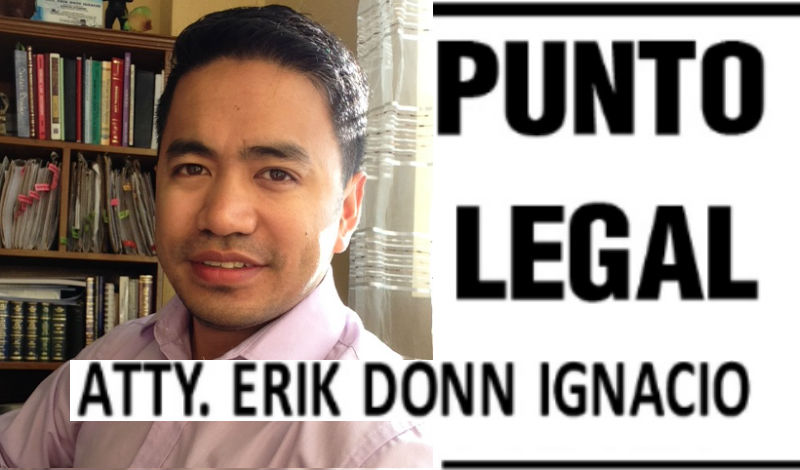Local Government Units have been granted autonomy from the National Government but “the President shall exercise supervision” (Sec. 25 of Local Government Code) over them. This provisions has been the subject of debates and conflicting interpretations with respect to orders, issuances, memorandums and other rules with respect to Local Governments. Many among local government officials complain that the national offices are still “controlling” how local governments are being run, going against the principle laid down in the Local Government Code. For some, LGUs are not really fully autonomous probably because they fail to exercise the functions granted them by the LGC or that the president still exercises control and not merely supervision over them.
Dadole et., al. vs. COA
The City of Mandaue granted the judges of courts found within its territorial jurisdiction additional monetary allowances from its funds. This is allowed under Section 458 of the Local Government Code: “(xi) When the finances of the city government allow, provide for additional allowances and other benefits to judges, prosecutors, public elementary and high school teachers, and other national government officials stationed in or assigned to the city”. The City granted a monthly allowance of 1,500 pesos to the judges. In 1995, however, the Department of Budget and Management issued a Local Budget Circular (LBC) 55 providing for a maximum amount for the allowances that may be granted by LGUs: 1,000 for cities and 700 for municipalities. As a result the Auditor of the City issued disallowances against the judges (Dadole, et., al.) and ordering them to refund the allowances they received in excess of 1,000. The judges moved to reconsider the COA findings but the same was denied so they filed a petition for certiorari before the Supreme Court raising purely questions of law. One of the main issues in the petition is whether LBC 55 is valid in setting a limit to the allowances that may be granted to judges by LGUs.
LBC 55 is Invalid
The Supreme Court ruled in favor of the judges and ultimately declared LBC 55 as invalid because the DBM overstepped its powers in issuing the same. The Solicitor General filed a comment on the case supporting the position of the judges effectively saying that the DBM made an error in issuing the LBC. In its decision, the Supreme Court made a distinction between the terms supervision and control. It said: “supervision means overseeing or the power or authority of an officer to see that subordinate officers perform their duties. If the latter fail or neglect to fulfill them, the former may take such action or step as prescribed by law to make them perform their duties. Control, on the other hand, means the power of an officer to alter or modify or nullify or set aside what a subordinate officer ha[s] done in the performance of his duties and to substitute the judgment of the former for that of the latter.” (G.R. 125350, December 3, 2002) The provisions of the local government code permits the LGUs to provide additional allowances “when the finances of the city government allow”. In setting a maximum amount, the DBM in fact altered the provision of the LGC. The Supreme Court went on to say that: “the President or any of his or her alter egos cannot interfere in local affairs as long as the concerned local government unit acts within the parameters of the law and the Constitution. Any directive therefore by the President or any of his or her alter egos seeking to alter the wisdom of a law-conforming judgment on local affairs of a local government unit is a patent nullity because it violates the principle of local autonomy and separation of powers of the executive and legislative departments in governing municipal corporations.”













